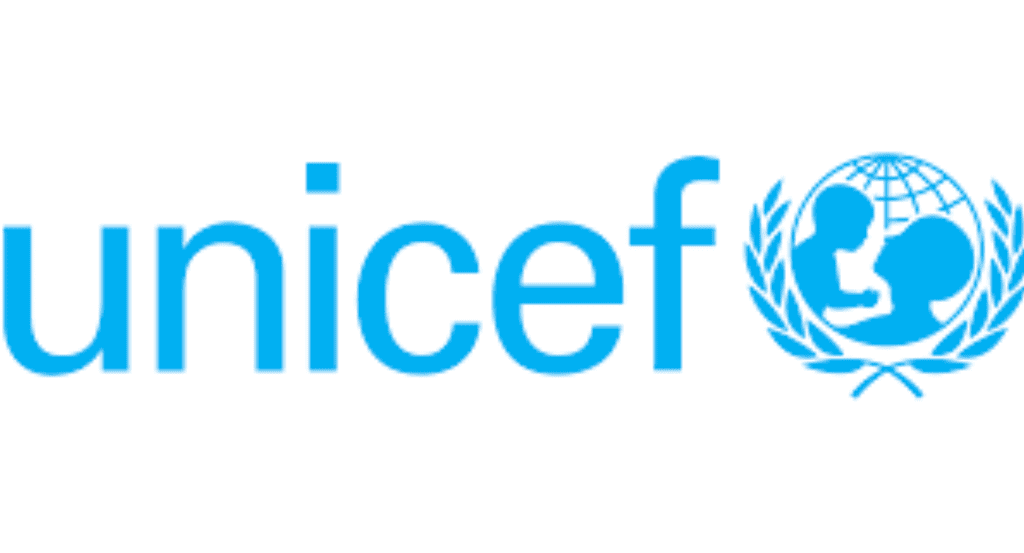Millions of children in West and Central Africa continue to miss out on life-saving vaccinations, with approximately six million newborns remaining unvaccinated each year. In response, UNICEF’s Reach the Unreached (RtU) initiative is using advanced data science and geospatial technologies to improve vaccination coverage estimates and ensure no child is left behind.
The initiative, launched in collaboration with five pilot countries—Cameroon, Côte d’Ivoire, Chad, Guinea, and Mali—integrates machine learning and Bayesian models to identify geographic areas where children are missing vaccinations. This effort aims to refine existing administrative data, which often contains inaccuracies, leading to gaps in immunization coverage planning.
Challenges in Vaccine Coverage Data
Vaccination programs worldwide rely on national estimates, such as the WHO and UNICEF Estimates of National Immunization Coverage (WUENIC). However, these estimates often fail to reflect sub-national realities, especially in regions affected by rapid urbanization, migration, or socio-economic shifts. In many cases, administrative data reports vaccination coverage rates exceeding 100%, highlighting significant inconsistencies.
To address these issues, UNICEF works closely with governments to enhance civil registration and improve population projections. Birth registration, considered the gold standard for estimating vaccine coverage, provides real-time, disaggregated data that is essential for accurate immunization planning.
“Inaccuracies and biases in estimates can mislead health workers and prevent effective vaccination efforts,” said Niccolo Cirone, Technology for Development Specialist at UNICEF’s Western and Central Africa Regional Office. “This ultimately impacts efforts to identify and vaccinate vulnerable zero-dose children.”
Leveraging Machine Learning for More Accurate Estimates
The Reach the Unreached initiative employs cutting-edge technology to refine vaccination data, combining machine learning algorithms with geospatial analytics. Researchers from the Frontier Data Network (FDN) and data scientists from the Massachusetts Institute of Technology (MIT) supported UNICEF in comparing different population and vaccination coverage estimates.
The study assessed models from institutions such as the Institute for Health Metrics and Evaluation (IHME), WorldPop, and the Demographic and Health Survey (DHS) Programme. Findings showed significant variations between these datasets, making it crucial to develop country-specific models that reflect real-world vaccination gaps more accurately.
“Granular population estimates and vaccination coverage data are potentially game-changing, but their impact depends on how well they are integrated into national decision-making processes,” noted Rocco Panciera, UNICEF’s Geospatial Health Specialist.
Data-Driven Decision-Making for Immunization Programs
The RtU initiative has already mapped over 1.1 million previously unreached children, providing governments with more precise data to target immunization efforts. By overlaying vaccination coverage with socio-economic indicators, the initiative also revealed strong links between under-immunization and other child rights deprivations, such as the lack of birth registration.
“Understanding biases in population estimates is key,” said Manuel Garcia-Herranz, Principal Researcher at FDN. “Even minor data distortions can impact vaccination planning, which is why rigorous analysis is essential.”
Scaling Up for Greater Impact
As UNICEF expands the initiative, additional countries, including Burkina Faso and the Democratic Republic of Congo, have expressed interest in adopting the methodology. The approach not only improves vaccination coverage but also strengthens national data systems, ensuring sustainable, evidence-based planning for child health programs.
To date, more than 120 government personnel across participating countries have been trained in geospatial and data science techniques, ensuring local expertise in managing and utilizing these innovative tools.
By integrating cutting-edge technology with national health strategies, UNICEF’s Reach the Unreached initiative is setting a new standard for immunization planning—one that ensures every child, regardless of location, receives the essential vaccines they need to survive and thrive.




















